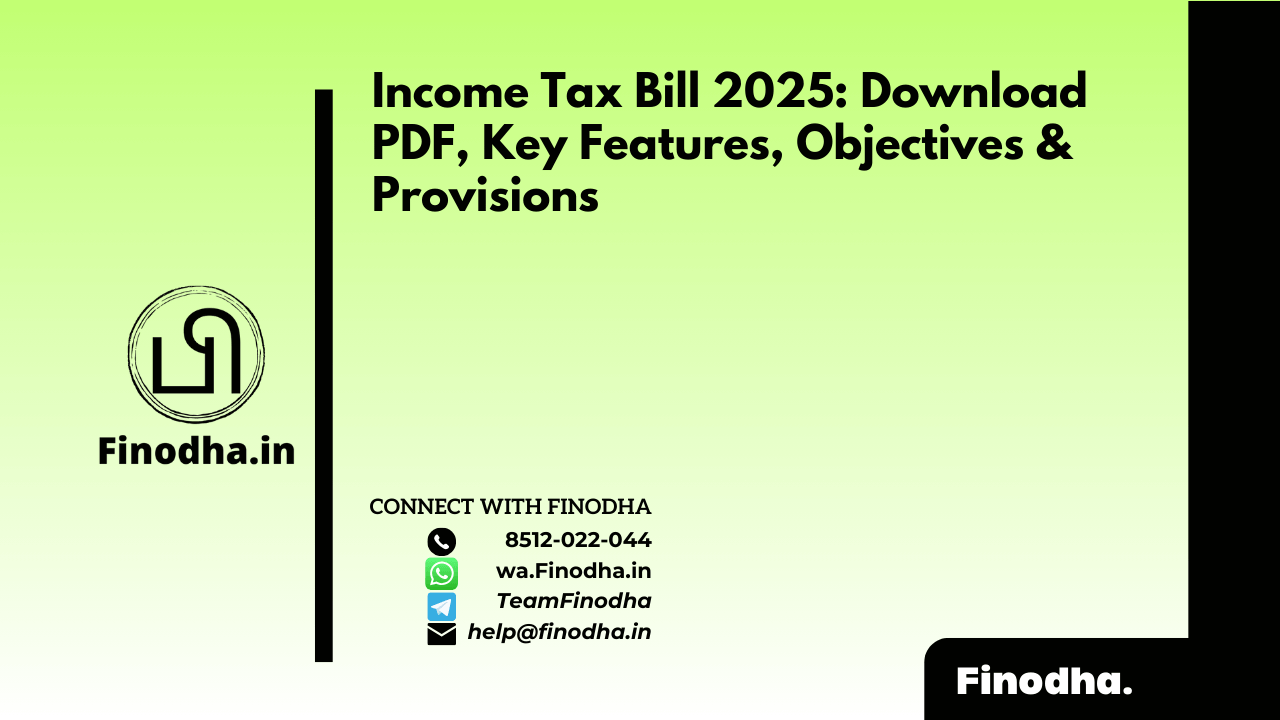Important Keyword: Co-owner, Deemed Owner, Income from House Property, Income Tax.
Table of Contents
Co-Owner and Deemed Owner of Property
In India, it’s common for individuals to jointly own a house property with their spouse or children, often to increase their eligibility for higher loan amounts. However, under Section 27 of the Income Tax Act, there are instances where the legal owner of the property may not be considered the true owner. Instead, someone else may be deemed the owner for income tax purposes, leading to different tax implications.
In cases where the legal owner is not considered the true owner, the income tax implications can vary significantly. It’s essential for taxpayers to understand these implications to ensure compliance with tax regulations and optimize their tax planning strategies.
This distinction between legal ownership and deemed ownership under Section 27 of the Income Tax Act highlights the importance of careful consideration when dealing with jointly owned properties. Taxpayers should seek professional advice to fully understand the tax implications and make informed decisions regarding their property ownership arrangements.
Deemed Owner
Income from house property is taxable in the hands of its owner. However, in certain cases, the legal owner may not be considered the actual owner, and a deemed owner may be liable to pay tax on the income earned from the property. Here are the scenarios where a person is deemed to be the owner of a property, even if they are not the legal owners:
- Transfer to Spouse: If an individual transfers their property to their spouse without adequate consideration, the transferor is deemed to be the owner of the house property. This excludes transfers made to a spouse in connection with an agreement to live apart.
- Transfer to Minor Child: When an individual transfers a house property to their minor child for inadequate consideration, the transferor is deemed to be the owner of the transferred property. However, this does not apply to transfers made to a minor married daughter.
- Holder of an Impartible Estate: The holder of an impartible estate, which cannot be legally divided, is deemed to be the individual owner of all properties within the estate.
- Member of a Co-operative Society, Company, or Association of Persons: A member of a co-operative society, company, or association of persons who is allotted a building or part thereof under a House Building Scheme is deemed to be the owner of the allotted property, even if the society/company/association is the legal owner.
- Possession of a Property: A person who is allowed to take or retain possession of any building as part performance of a contract under Section 53A of the Transfer of Property Act, 1882, is deemed to be the owner of that building.
- Rights in a Property: A person who acquires any right in or with respect to a building, as referred to in Section 269UA(f), is deemed to be the owner of that building. This excludes rights obtained through leases from month to month or for a period not exceeding one year.
Co-Owner
When a house property is jointly owned by one or more persons, each joint owner is referred to as a co-owner. According to the Income Tax Act, if a house property is owned by co-owners and their respective shares in the property are definite and ascertainable, then the income from such house property will be assessed separately in the hands of each co-owner.
When computing Income from House Property for co-owned properties, the annual value of the property will be considered in proportion to each co-owner’s share in the property. This ensures that each co-owner is taxed based on their ownership stake in the property, reflecting their individual rights and responsibilities.
Read More: ITR for Rental Income
Web Stories: ITR for Rental Income
Official Income Tax Return filing website: https://incometaxindia.gov.in/




